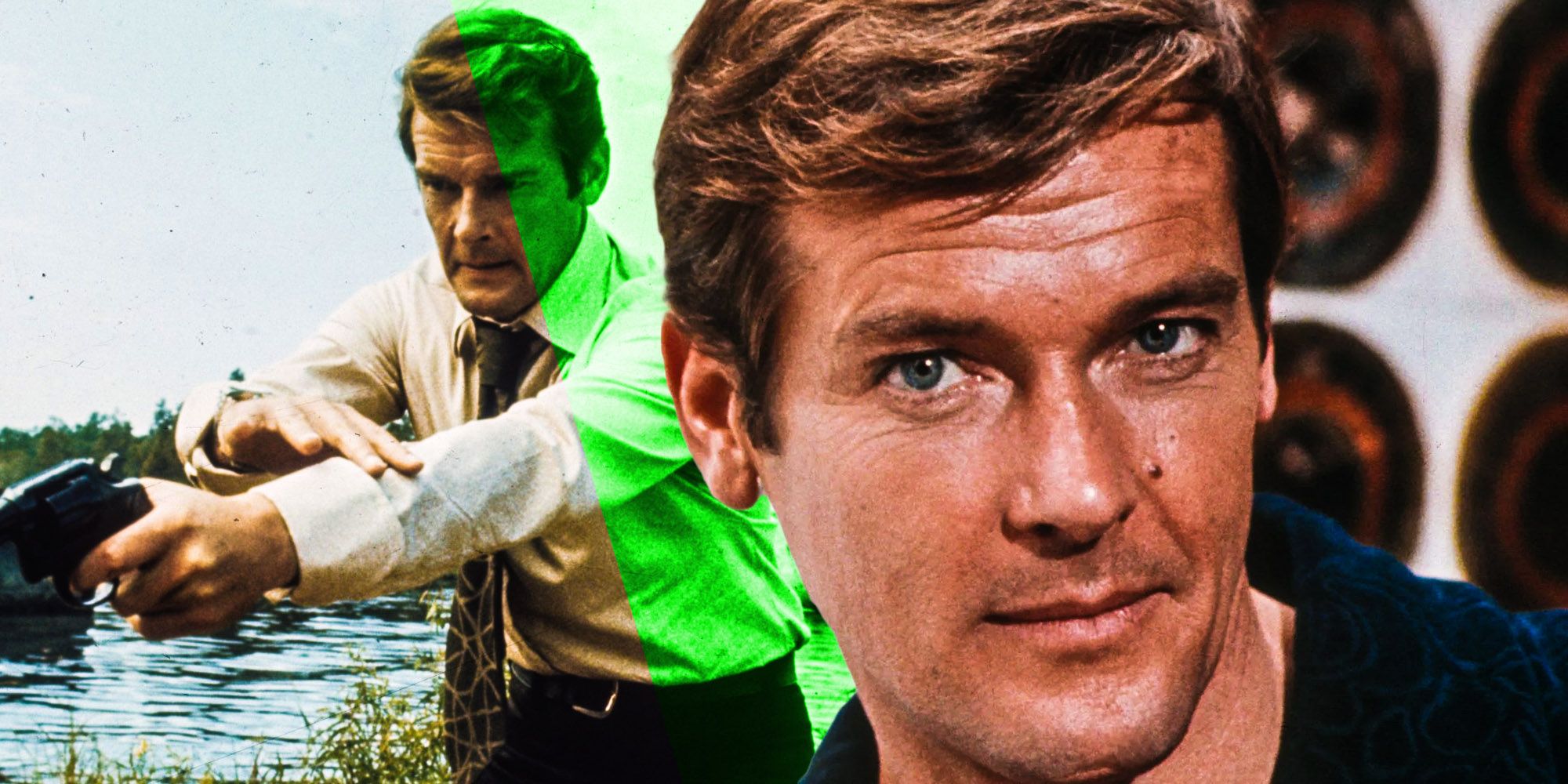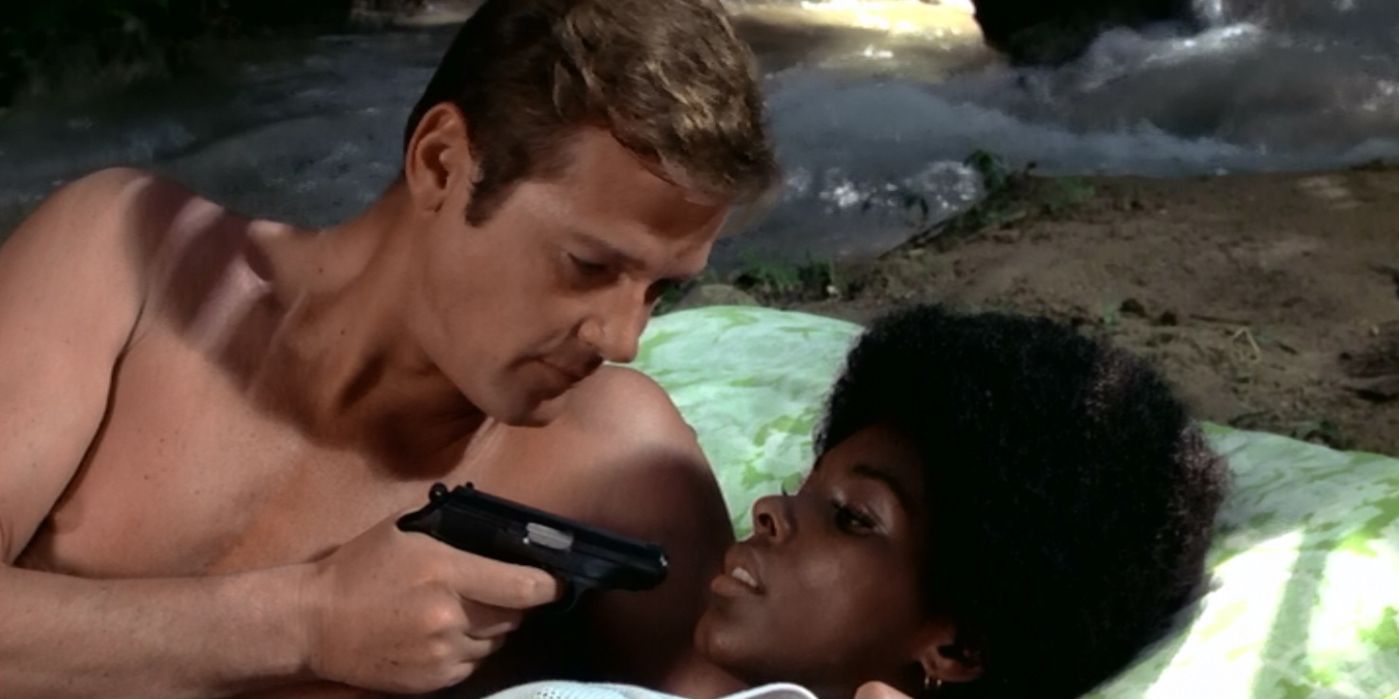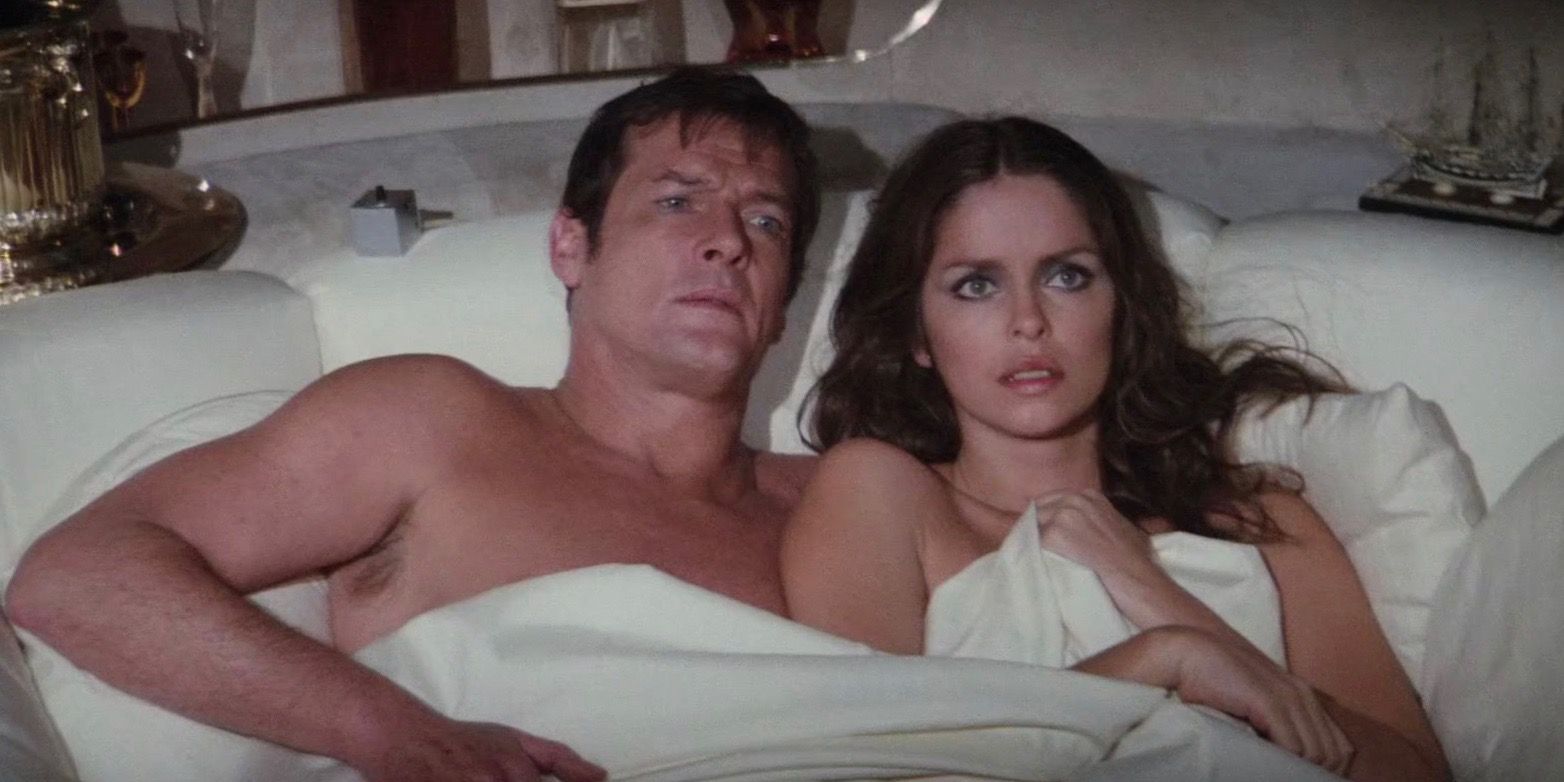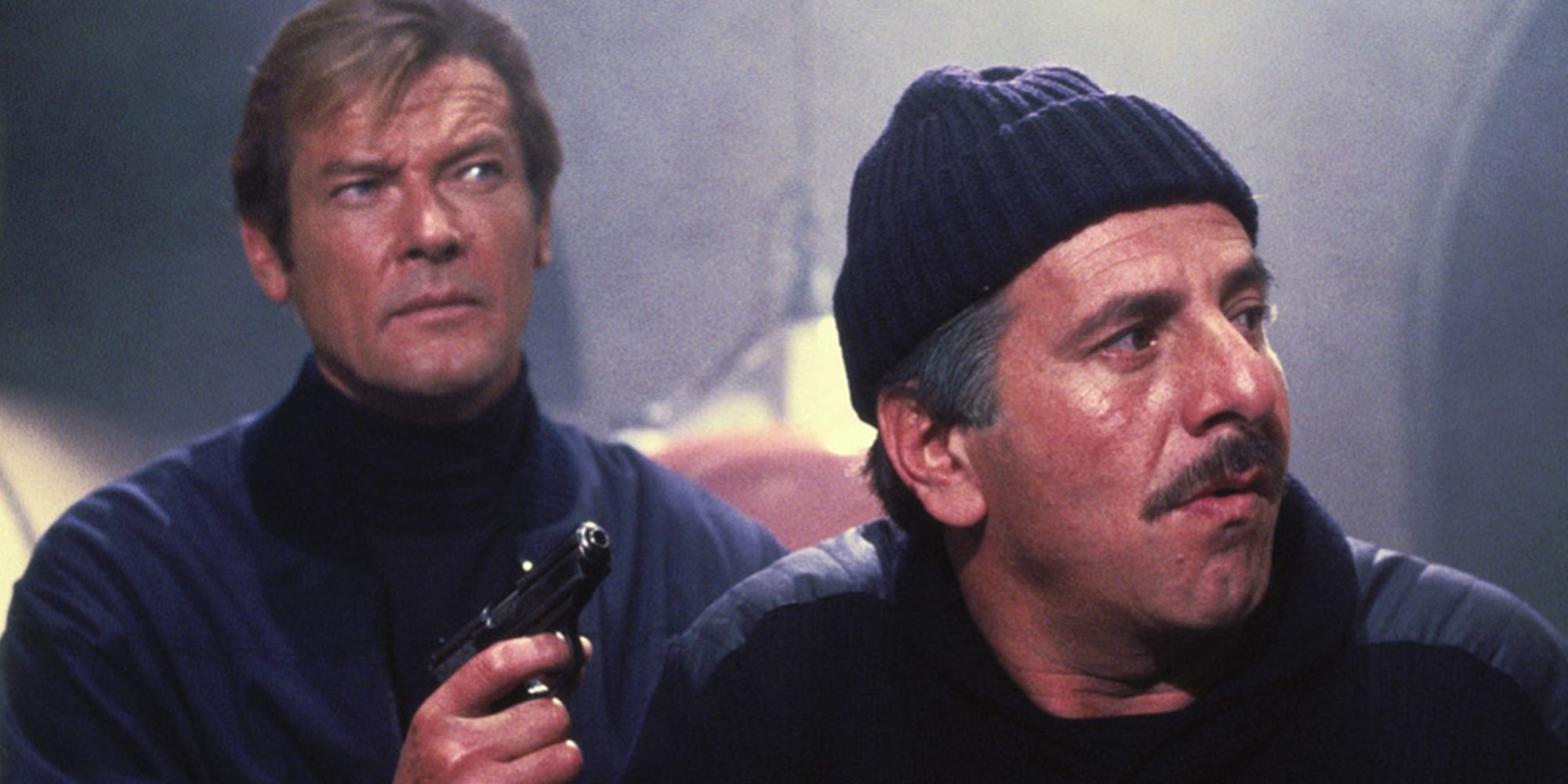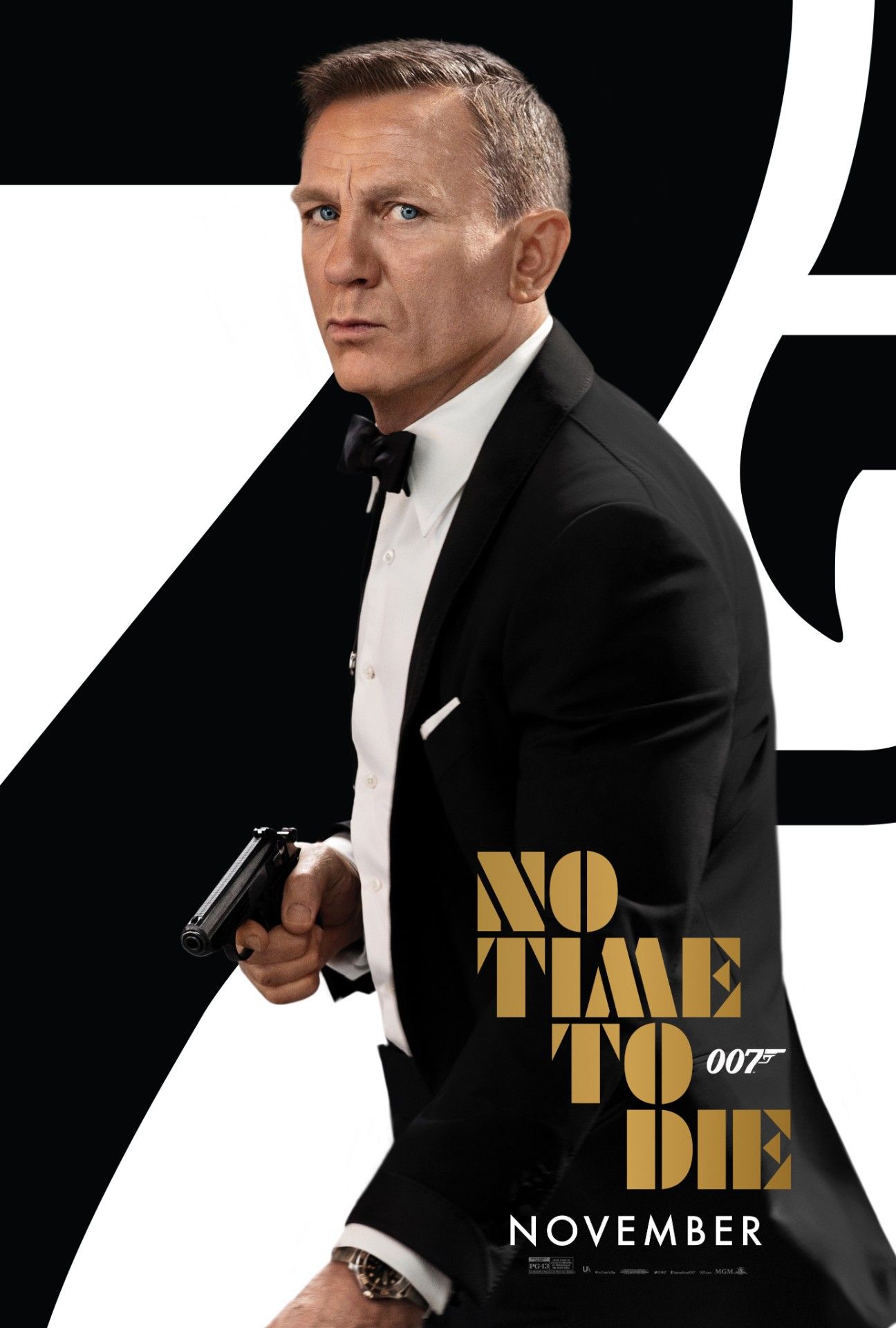Roger Moore's James Bond was the most ruthless version of 007, contrary to his reputation as the most lighthearted incarnation of the legendary super spy. Moore took over the role of James Bond from Sean Connery with 1973's Live and Let Die and he played the role for seven films until 1985's A View to a Kill, more than any other actor. Moore also held the record for the actor with the longest tenure as 007 until Daniel Craig surpassed him.
Connery launched the James Bond franchise with 1962's Dr. No and he was a difficult act to follow, especially after George Lazenby bolted from the role after starring as 007 in only one film, 1969's On Her Majesty's Secret Service. Moore wasn't an immediate success as Bond and his second entry, 1974's The Man With The Golden Gun, nearly ended the franchise. But Moore's third time was the charm; 1977's The Spy Who Loved Me was a global blockbuster that perfected the formula for Moore's 007 with its epic scale, amazing gadgets, beautiful women, and action with a lighthearted touch. Follow-up Moonraker made the critical mistake of sending 007 to outer space to compete with Star Wars so Moore's final three Bonds brought the secret agent back down to Earth, although Moore was visibly past his prime by the time he headlined A View to A Kill.
James Bond has been modernized in the last 20 years, first by Pierce Brosnan, and then outright rebooted by Daniel Craig, who headlined a critically-acclaimed masterpiece with 2006's Casino Royale and a billion-dollar blockbuster with Skyfall. Therefore, it's easy to dismiss Moore's 007 as a tuxedoed relic from a campier era. It's also worth bearing in mind that Moore's Bond was incredibly popular in the late 1970s. Moore had successfully made Ian Fleming's secret agent his own and separated his take from Connery's. (Moore also beat Connery at the box office when 1983's Octopussy outgrossed Sean's 007 comeback, Never Say Never Again.)
Sean Connery, Timothy Dalton, and Daniel Craig have reputations as the "tough" Bonds while Moore's 007 is generally remembered as a shameless ladies' man who flaunted over-the-top gadgets and quipped double-entendres at the scantily-clad Bond Girls of his era. But there was another, steelier side to Moore's version of James Bond that underscored his reputation as a dangerous secret agent. When watching Moore's Bond movies, fans might be struck at how callous and merciless he could be. Bond is ultimately considered a hero who defends Queen and Country from power-mad megalomaniacs, but Moore's 007 could also be a heartless fiend when he wanted to be.
Roger Moore's 007 Was Incredibly Cruel To The Bond Girls
Perhaps the most troubling aspect of Roger Moore's James Bond is his behavior towards women. Certainly, Sean Connery's 007 used women as sexual playthings but Moore took Bond's reputation as a shameless lothario to another, more disturbing level. It was not unusual for Moore's Bond to force himself onto a woman when meeting her for the first time. To him, immediately locking lips was a standard hello and Moore's Bond seemed to expect sexual encounters as a given. Worse was how cruel Bond was to many of the Bond Girls and how he outright used them to get what he wanted.
In Live and Let Die, James threatened Rosie Carver (Gloria Hendry) at gunpoint after he made sure to sleep with her first to get information about Mr. Big (Yaphet Kotto). Bond then used a gimmicked set of tarot cards to trick Mr. Big's psychic mistress, Solitaire (Jane Seymour), into sleeping with him and stealing her virginity, which robbed her of her abilities and no longer made her useful to the villain. In The Man With The Golden Gun, Bond abuses his secretary, Mary Goodnight (Britt Ekland), who was obviously infatuated with him, while 007 forced himself onto Andrea Anders (Maud Adams), the mistress of assassin Scaramanga (Christopher Lee), and nearly broke her arm to get information. Scaramanga killing Anders for succumbing to Bond was an unfortunate part of business as usual in 007's mind.
Moore's Bond Had No Problem Breaking Moral And Ethical Codes
Although part of being James Bond is doing whatever it takes to accomplish the mission, the later Bonds, Timothy Dalton, Pierce Brosnan, and Daniel Craig, seemed to develop more of a moral code that Roger Moore's Bond lacked. In The Spy Who Loved Me, Bond made continuous advances towards his Soviet counterpart, Anya Amasova (Barbara Bach), while they were on a mission together. Nor did 007 express any genuine remorse that he killed her lover in the film's prologue since it was just part of the business they were in. Regardless, Bond still pursued Amasova sexually and made sure to bed her after the duo stopped Karl Stromberg's (Curd Jurgens) plan and killed the supervillain.
Bond fans generally thought 2015's Spectre was a letdown compared to Skyfall and part of the issue is that director Sam Mendes was making an ode to Roger Moore's 007 movies and Moore's tone just didn't suit Craig. For instance, when Craig's Bond arrived in Rome and stalked Lucia Sciarra (Monica Bellucci), the widow of a Spectre agent, he forced himself onto Lucia in her home after saving her from assassins. It was a swarthy move straight out of Roger Moore's Bond playbook that ill-suited Craig's modern 007.
Moore's Bond Had No Qualms About Using His License To Kill
Every James Bond has no trouble using his license to kill but Roger Moore's ruthlessness is even more shocking because of his campy reputation. In The Spy Who Loved Me, Bond had no qualms about using Felicca (Olga Bisera) as a human shield and letting her get killed by an assassin working for Stromberg. After a violent rooftop fight with Bond, Sandor is left dangling from the edge of the roof and hanging into 007's tie for dear life. After Roger Moore's Bond got the answers to his questions, he callously slapped Sandor's hand away and let the thug fall to his death.
In Roger Moore's later Bond outings, the producers amped up the camp further and the secret agent relied even more on his wit and Q's (Desmond Llewelyn) gadgets, especially as the actor got older (Moore was 58 when he retired as 007). The ruthlessness of Moore's early years gave way to his reputation as the funny, suave, and more romantic Bond that was cemented by the hit theme songs of his films like Carly Simon's "Nobody Does It Better." Roger Moore's James Bond was no pushover; he was callous and deadly when he wanted to be, and the fact he freely bedded Bond Girls and executed villains with his license to kill with a gleam in his eye and a smirk only makes Moore's 007 more cold-blooded in hindsight.

